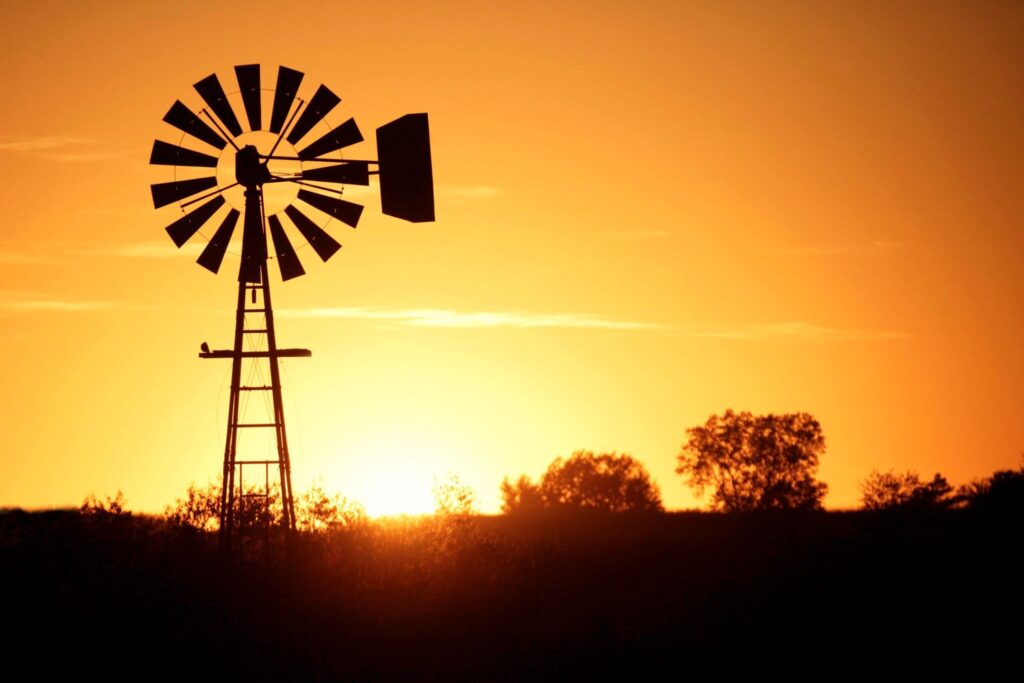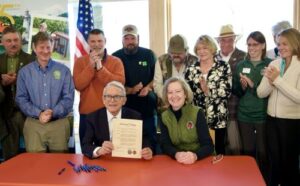Farm Succession: Honoring the Past While Protecting Land for the Future


Farm Succession: Honoring the Past While Protecting Land for the Future
By Mary Schuermann Kuhlman
COLUMBUS, Ohio — Succession is an inevitable process for Ohio farmers, and it can also be an opportunity to re-imagine the land.
Vicki Harder-Thorne is steward to 80 acres in Ottawa County, farmed for nearly a century. Her grandfather felt modern agricultural practices did not account for the wildlife that depended on land used for farming, and so her mother eventually returned the land to wildlife through the Conservation Reserve Program.
After her mother’s recent passing, Harder-Thorne examined and researched the best stage for the untilled land and had a vision for regenerative practices, and managing the farm specifically for habitat and biodiversity.
“You can have that combination of conservation and agriculture,” Harder-Thorne asserted. “There is a different way to farm. My biggest concern has always been what’s the next best step for the evolution of the land? How can we best help with climate change? How can we help restore the environment?”
With the help of the Ohio Ecological Food and Farm Association’s succession planning, Harder-Thorne is opting for conservation over farming, and sharing the farm as ecological habitat on the Great Black Swamp. She added building climate-change considerations into the transition will provide an opportunity to mitigate hazardous algal blooms.
To make her vision a reality, she applied for the Conservation Reserve Enhancement Program, which helps protect environmentally sensitive lands by keeping them out of farm production.
“We’re waiting for a contract right now for an enhanced program that will include more wetland area and an area of trees,” Harder-Thorne explained. “Playing up what’s really rich in that area: lots of red oaks, lots of different birds.”
There are also plans to incorporate eco-education and ecotourism, so she is working with local university researchers, birding groups and partners to figure out the next best steps.
“You can dream and make it happen by reaching out to your community, reaching out to your local politicians, and your local agriculture, and conservation groups and see what you can put together,” Harder-Thorne outlined. “And some of it will be for pay and some of it will be for love.”
Harder-Thorne emphasized she is pleased with her decision to preserve the land for nature because it honors her mother’s and grandfather’s legacies.









